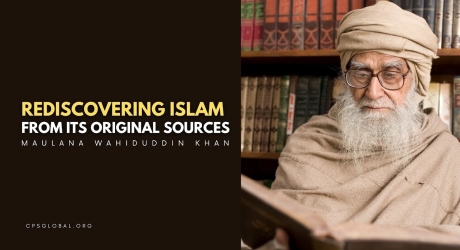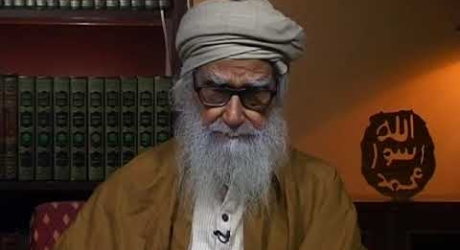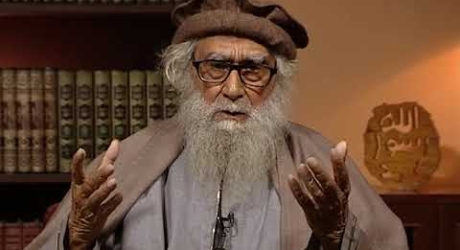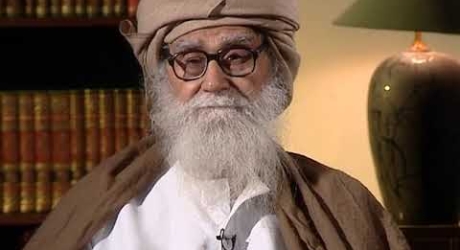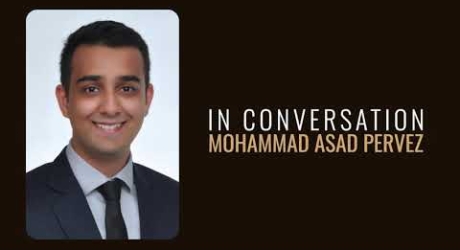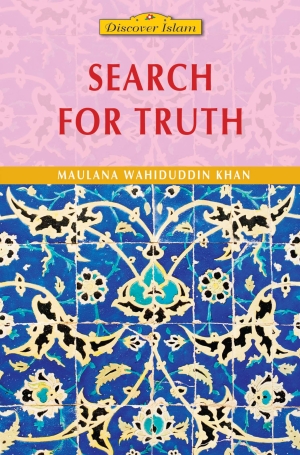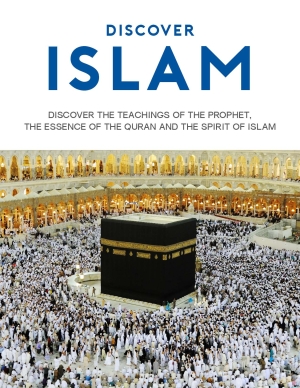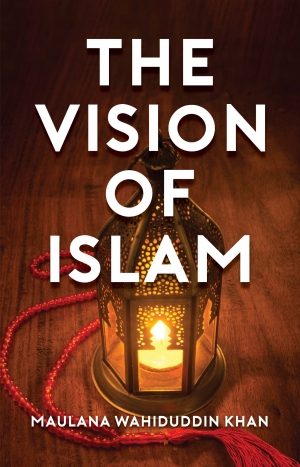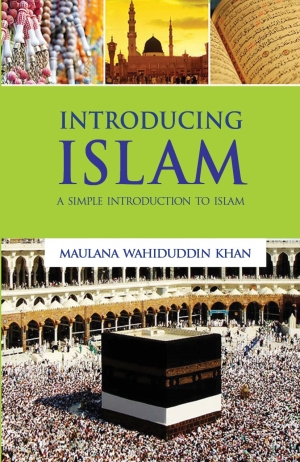Islam is a religion of peace and humanism. Not only Islam but all other religions are religions of peace. The Sufis have given the best interpretation of Islam. A Persian phrase, ‘Sulh-e-Kul’, which means peace with all, truly expresses the spirit of Islam. There are two primary sources of Islam, the Quran, which is the word of God and the Hadith, which are the sayings and the actions of the Prophet of Islam. We find the true message of Islam through these sources.
A very relevant Hadith was recorded by Bukhari, which clarifies that when the Prophet had to choose between two paths, he always opted for the easier, peaceful course of action rather than the harder course of action. One is free to choose between the two paths of peace and violence. According to a Hadith, the Prophet of Islam defined a believer thus—
“A believer is one from whom people are safe as regards their lives and property.” (Sunan an-Nasa’I, Hadith No. 4995)
Featured Articles
Featured Videos
FAQs
For all human beings, Islam begins from the discovery of God, rather than the mere fact of being of Muslim lineage. When an individual discovers Islam as an absolute truth, he makes that his starting point. Being born into a Muslim family and thus having a Muslim name certainly makes one a member of the cultural society of the Muslims, but in no way does it entitle anyone to find his or her name on the list of the ‘guided ones’ in the true Quranic sense. This is called the rediscovery of Islam.
Source: Islam Rediscovered
One who studies Islam, directly from its sacred scriptures, is astonished to find that the original Islam is totally different from what it is now generally held to be. Other religions are known to people as they are; hence the need to rediscover them does not arise. The problem of misapprehension applies therefore exclusively to Islam. There is a great need to study Islam from its original scriptures in order to re-discover it in its original form. In modern times many books have been published with the aim of removing misunderstandings about Islam. One title is as follows: ‘Islam, the Most Misunderstood Religion’.
But titles such as these are not in accordance with the actual state of affairs. These books start with the premise that non-Muslims have mistakenly come to regard Islam as a religion of intolerance and violence and then they attempt to remove these misapprehensions. But the actual question to be addressed is why there should ever have been such misunderstanding. It has to be conceded that it is based not on some allegation but rather on the fact that the Muslims of today, in almost every country, repeatedly display violence and intolerance towards others. They have adopted this course of action in the name of Islamic movements or Islamic Jihad. Were Muslims to do so in the name of their own communal interest and people attributed that to Islam, this would amount to misunderstanding based on an allegation. But when Muslims themselves attributed their activities to Islam, it becomes a case of proper understanding and not that of misunderstanding.
Furthermore, the educated class of modern times is obsessed with the concept of anthropology, which treats religion as a social phenomenon instead of as a vehicle for revealed truth.
Therefore, according to their way of thinking, they naturally come to regard the activities of Muslims to be Islam itself. And their thinking is further confirmed when they find that Muslims engage themselves in these activities in the very name of Islam.
Given this state of affairs, the real task to be performed is to rediscover Islam by differentiating between Islam as such and Muslims. It should be made clear that Islam and Muslims are not necessarily one and the same thing, so that one must differentiate between Islam and Muslims. Islam is an ideology. One who adopts this ideology in full is a Muslim; otherwise he is not a Muslim. It is essential that Muslims be judged in the light of Islamic ideals: Islam should not be judged in the light of what Muslims do in the name of Islam.
Source: Islam Rediscovered
Today, there are many misconceptions prevalent about Islam. The only way to rediscover Islam is by studying Islam from its original sources—Quran, the word of God, and the Sunnah, the sayings and actions of the Prophet Muhammad. When we undertake such an objective study of Islam, by making a distinction between the source of Islam and the practice of Muslims, we will be able to rediscover Islam.
Source: Spirit of Islam September 2019


